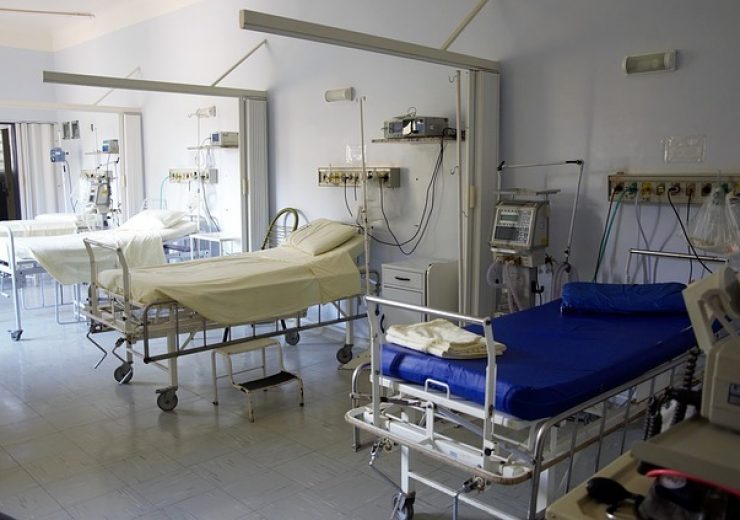aura6000 is developed to treat adult patients with moderate to severe obstructive sleep apnea

LivaNova secured CE mark approval for the aura6000 system in 2012. (Credit: Silas Camargo Silão from Pixabay)
LivaNova has secured an investigational device exemption (IDE) approval from the US Food and Drug Administration (FDA) to begin a clinical study of the aura6000 system to treat obstructive sleep apnea (OSA).
The trial will assess the safety and efficiency of the aura6000 implantable hypoglossal neurostimulator to treat adult patients with moderate to severe OSA.
Known as Treating Obstructive Sleep Apnea Using Targeted Hypoglossal Neurostimulation (OSPREY), the trial will recruit up to 150 adult patients with moderate to severe OSA who do not achieve results from a traditional CPAP machine or have declined its use.
LivaNova will conduct the randomised controlled trial (RCT) at up to 20 sites across the US.
The trial principal investigator Dr Atul Malhotra said: “During the OSPREY study, we will evaluate the apnea-hypopnea index responder rate of subjects with device stimulation activated to determine whether it is statistically significantly higher than the rate of subjects without stimulation.”
The aura6000 system, which serves as an alternative to the traditional continuous positive airway pressure (CPAP) machine, generates stimulation via a programmable, rechargeable and implantable pulse generator (IPG).
The IPG is implanted in a subcutaneous pocket adjacent to the clavicle of the patient through outpatient surgery.
Mild stimulation pulses from the IPG will be provided through a lead to the hypoglossal nerve to stimulate the tongue during sleep and help manage the patient’s airway open.
LivaNova secured CE mark approval for the aura6000 system in 2012.
LivaNova CEO Damien McDonald said: “LivaNova ultimately aims to successfully bring this therapy to market as OSA is a large area of unmet need and patients seek a less restrictive treatment option to restore normal sleep patterns and improve their quality of life.”
In April this year, LivaNova and Verily have recruited the first patient in their collaborative study called UNCOVER.
